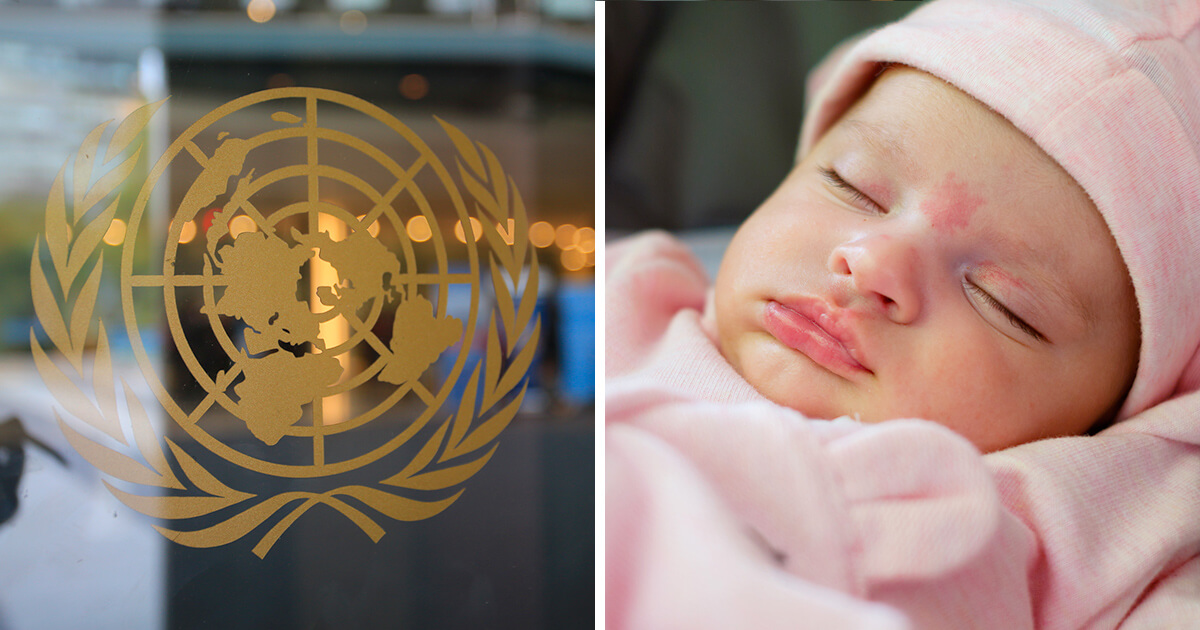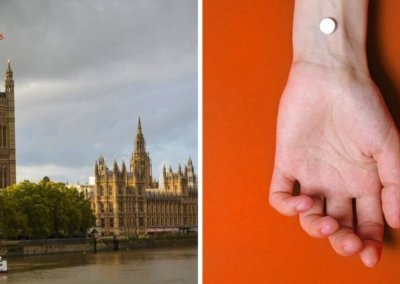A coalition of 434 human rights organisations have backed an International Manifesto for the Right to Life in response to abortion provision sections in the United Nations Population Fund’s (UNFPA) Global Humanitarian Response Plan: COVID-19.
The plan calls for increased funding and prioritisation of abortion services globally, including countries where abortion is not legal and the lives of unborn babies are protected.
The pro-life manifesto issued in response calls for the international community to “focus on public policies based on human dignity, and for effectively putting an end to any attempt to interfere with or attack the sovereignty of our countries, in particular coming from the U.N. and its principal agencies.”
‘Shakedown’
In April, Ecuador’s Ministry of Foreign Relations and Human Mobility sent a $46.4 million budget request to the UNFPA. Pro-life groups in Equador have said that the acceptance of the aide request was conditional on providing access to abortion.
A representative from Ecuador for the Family, Martha Villafuerte, stated, “It is unacceptable to try to take advantage of the situation to slip in through the back door a crime that the Constitution rejects.”
According to Villafuerte, “The U.N. …intends to shakedown the country by offering it more than 46 million dollars, of which 3 million would go directly to ‘sensitize and to train health personnel on safe, legal abortion and post-abortion care when this is expressly prohibited by law in Ecuador.”
In June, the UNFPA highlighted Latin America as the new epicenter of the pandemic, noting that these countries constituted nearly 40% of all deaths daily from COVID-19 from May to June.
In addition, they recognised the weak and fragmented state of healthcare systems in Latin America and the difficulties they face in addressing COVID-19.
However, Ecaudor is not the only country facing increased pressure to change their abortion policies as a result of increased financial support during the global pandemic.
International pledge to prioritise abortion during pandemic
In a bid to expand abortion services across South and Central America, 59 countries pledged to prioritise abortion services in response to the COVID-19 pandemic.
Earlier this year, 59 member states of the United Nations, including the United Kingdom and some commonwealth countries, promised to ensure continued access and funding to abortion abortion services, which they have classified as “essential”, in a joint press release.
Ecuador was among the press release signees, despite its current legislation.
Following the press release, it was revealed the UK Government had given an extra £10 million to the UN Population Fund targeted at developing nations, including a number of African countries, which includes spending on abortion.
Last month, the Swedish Government’s International Development Agency (SIDA) joined the UK in funding global abortion when it announced it will give 20 million Swedish krona (£1.67 million) to DKT International, an organisation which promotes and funds abortion around the world.
The significant grant given to DKT International from SIDA will provide manual vacuum aspiration equipment to perform suction abortions in the Democratic Republic of Congo.
Additionally, the group will distribute medical abortion drugs across Ethiopia, Kenya, Uganda, Tanzania and Mozambique.












